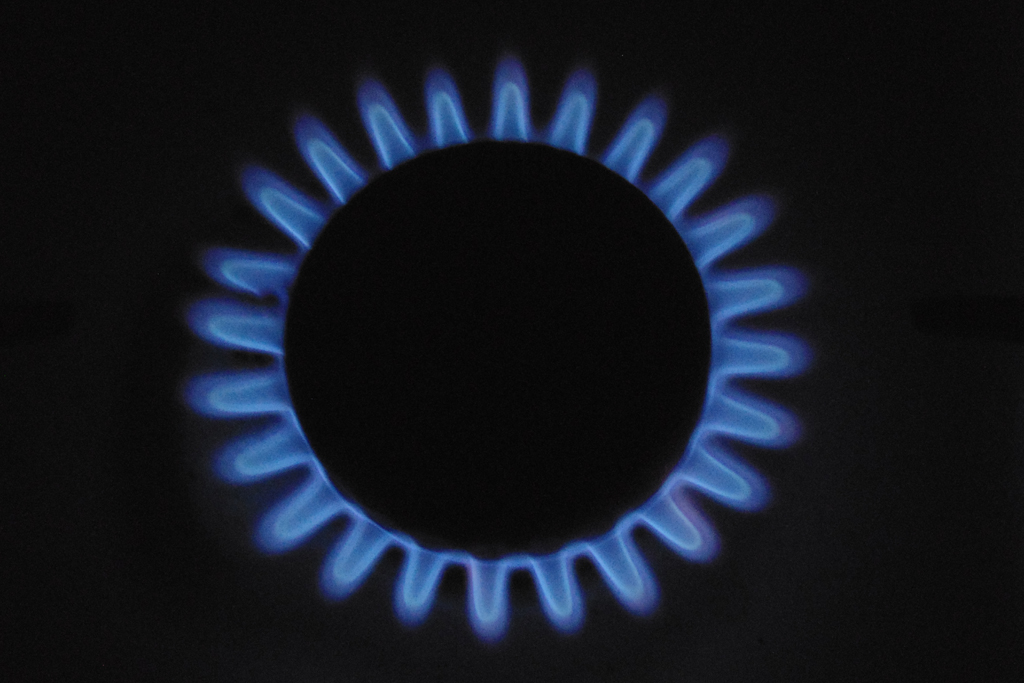
The discovery and rapid development of shale gas and unconventional oil plays has dramatically increased the supply of natural gas in North America. This growing natural gas resource can be monetized in several ways including conversion into liquefied natural gas (LNG), methanol, or other liquid hydrocarbons. Given the promise of new, cheap supply and methanol's clean-burning properties, it has become an attractive alternative fuel for power generation.
ADI Analytics closely monitors methanol and natural gas monetization options closely and has developed a white paper to assess the potential of using methanol for power generation. Specifically, our whitepaper has (1) evaluated the technical feasibility, (2) assessed benefits, costs, and economics, and (3) reviewed commercial case studies on using methanol for power generation.
Methanol's application as a fuel for power generation is becoming more attractive: Methanol is cleaner-burning than diesel or fuel oil and can help power plants meet increasingly stringent emission regulations. In comparison to fuel oil and diesel, methanol burns at a lower temperature and its use for power generation can reduce NOx emissions by at least 80%. Also, methanol does not contain sulfur or heavy hydrocarbons thereby precluding SOx and particulate matter emissions. Finally, complete combustion of methanol creates fewer CO2 emissions in comparison to fuel oil and diesel.
New methanol plant announcements based on the cheap, abundant supply of natural gas from shale plays may enable more attractive pricing based on Henry Hub natural gas pricing, which is expected to stay low for the long term. Methanol is also compatible with existing diesel and fuel oil infrastructure. Relative to LNG and the infrastructure needed to transport such fuels, retrofitting a turbine for methanol may have lower capital costs and fewer infrastructure modifications which lead to fuel price savings especially for small- and medium-sized power plants. As a result of the above factors, methanol can become cost competitive with alternative fuels including fuel oil and diesel for generating power in areas isolated from natural gas supply.
Methanol benefits small and mid-sized power plants: Small and mid-sized power plants are positioned to benefit the most from methanol-to-power due to constraints with the supply and sourcing of natural gas and alternatives such as LNG. In addition, power plants can be retrofitted to use methanol as a fuel more quickly and easily in comparison to LNG and other alternative clean fuels. Based on various operational and financial assumptions for a power plant, levelized costs of power produced using methanol are lower in comparison to that from LNG or diesel.
Methanol for power generation is feasible: Power plants in Israel and Trinidad and Tobago have successfully used methanol for power generation using gas turbines ranging from approximately 10 to 50 MW in capacity. Most major original equipment manufacturers (OEMs) are capable of supplying and retrofitting equipment with the typical guarantees for power plants to operate on methanol although they may need adequate lead times. Many OEMs have also demonstrated feasibility and benefits of methanol for power generation through studies and projects.
Methanol is also finding applications as a marine fuel helping boats and ships comply with increasingly stringent emissions regulations. A ferry, the Stena Germanica, was retrofitted in 2015 and since that time has been able to operate both on methanol and diesel. The 24 MW Wärtsilä engines used on the Stena Germanica are similar to those used in power generation providing additional commercial evidence of methanol's feasibility as a fuel for power generation.
– Brandon Johnson and Uday Turaga
You can learn more by downloading ADI Analytics' Methanol for Power Generation white paper.



















